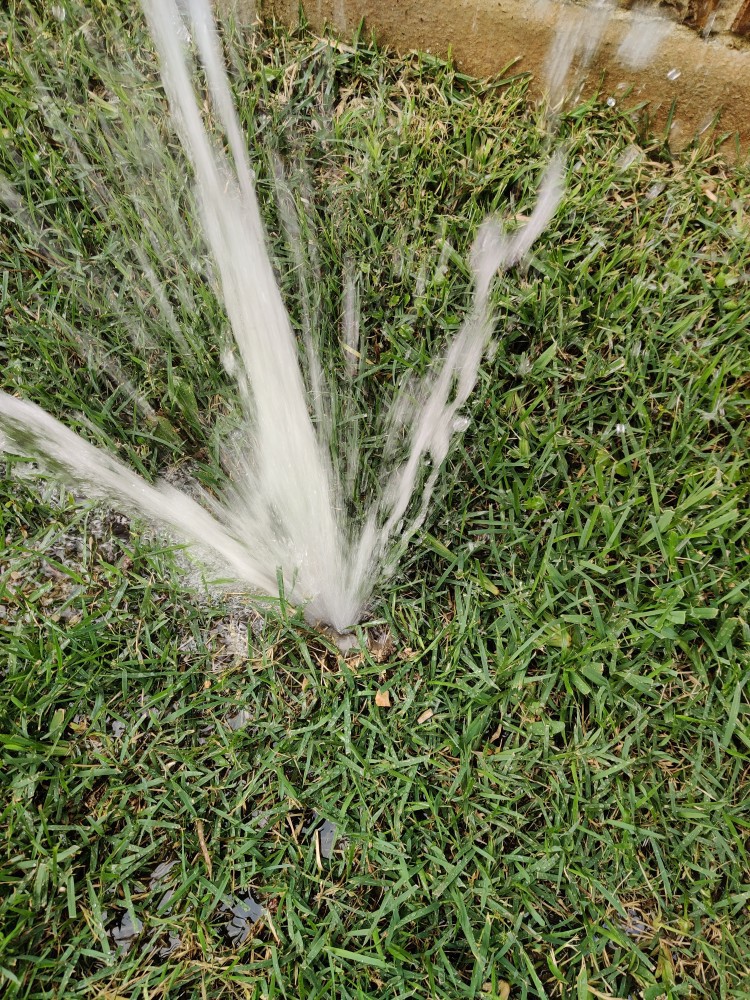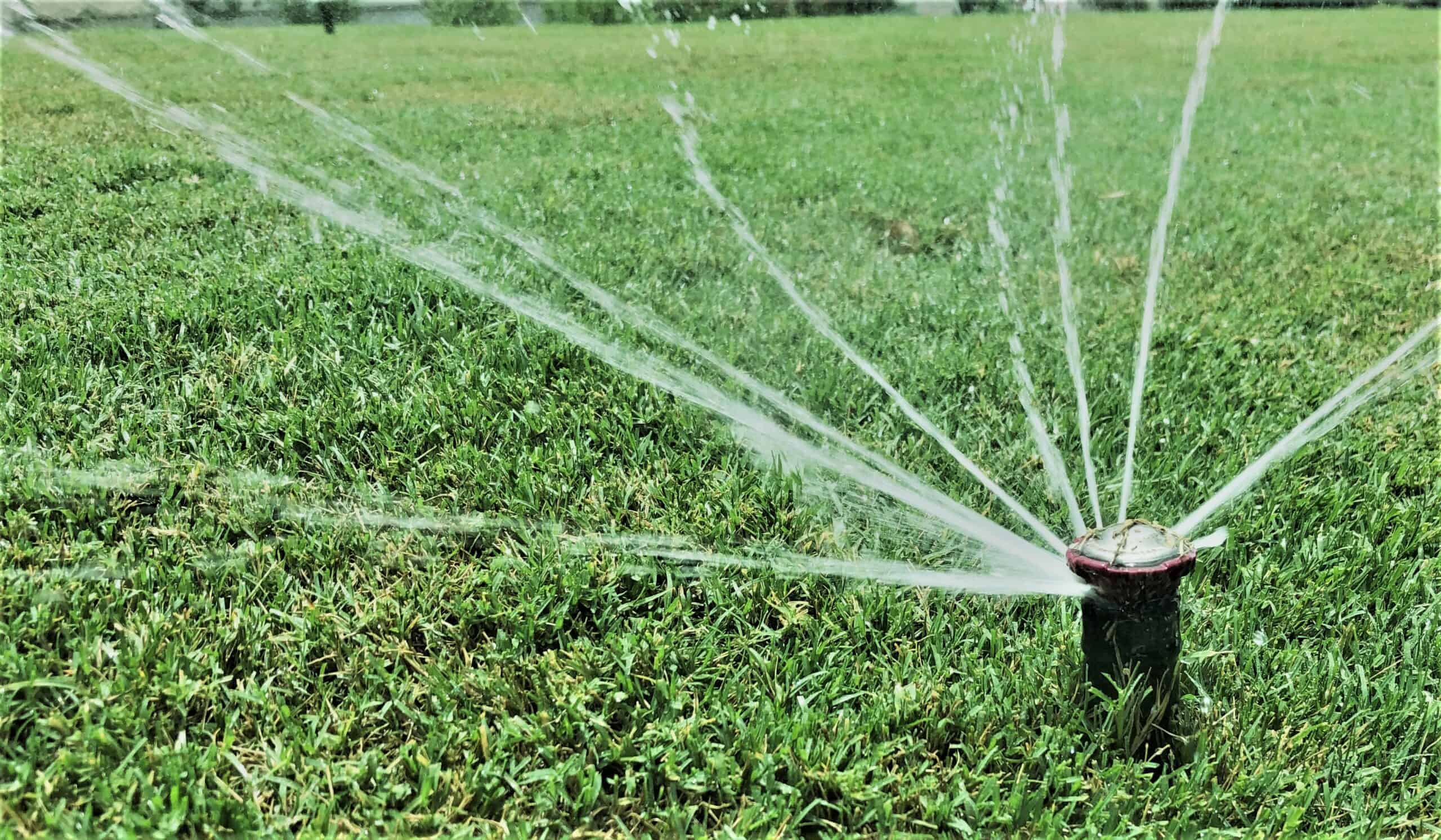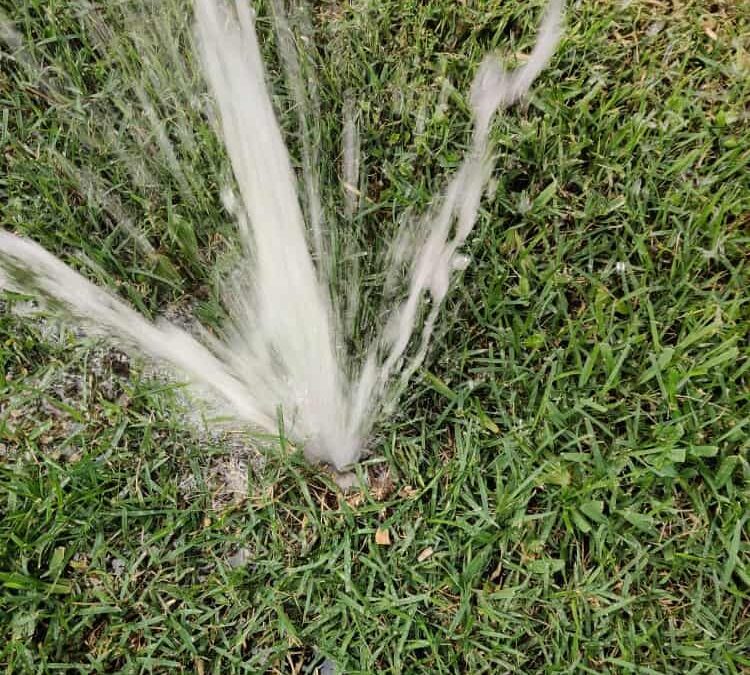As homeowners, we want to achieve that beautiful, green, and healthy lawn with proper maintenance. Our irrigation systems play a pivotal role in ensuring the health of our plants and flowers, creating an open, welcoming environment for visitors. An efficient, dependable irrigation system is necessary to keep your landscape in its top shape. Regular sprinkler inspection prevents homeowners from costly damages down the line—from rough winters to accidental bumping of the lawn mower; it's best to get ahead of the problem by understanding the condition of your sprinkler system. This blog will explore how to save money and time when you get regular sprinkler inspections and guarantee your landscape's health and proper watering, especially during the upcoming summer.
Checking for Proper Functionality
Like any home system, minor wear and tear can affect your sprinkler system if left undetected, resulting in water waste and higher utility bills. One of the best yet daunting features of home systems is that once they're set up, we often forget them once they do the work. If you notice any issues such as improper watering, leaks, pooling, or higher water bills than usual, your sprinkler system may be in danger of improper functionality, requiring an expert to examine the system thoroughly. By detecting these issues early, you can save your irrigation system and excess money.
What to Expect from a Sprinkler Inspection
Like any home water system, sprinkler inspections check for leaks and malfunctioning parts. Depending on the system you have, your inspection may vary. Typically during an inspection, you can expect a professional to look at the following:- Sprinkler heads: Checking for proper alignment and assuring there are no blockages, damages, or clogging
- Leakage: Looking for signs of pooling, leaking, or damp areas caused by damaged pipes and valves
- Controller settings: Verifying the correct programming for watering schedules based on weather and plant needs
- Backflow prevention: Inspecting proper functionality to prevent water from flowing in the opposite direction
- Water pressure: Ensuring proper pressure to prevent water distribution issues and damage
- System efficiency: Recommending upgrades or new sprinkler heads to improve efficiency
- Coverage: Maximizing equal distribution throughout the landscape to ensure proper water reach in each zone
The Cost of Water Waste
It has environmental issues if your sprinkler system does not provide enough water to your plants and landscape. In a majority of cases, an incorrectly functioning system can run the risk of:- Overwatering your landscape
- Not delivering enough water to specific areas of your lawn
- A leaking system that can go undetected for months


